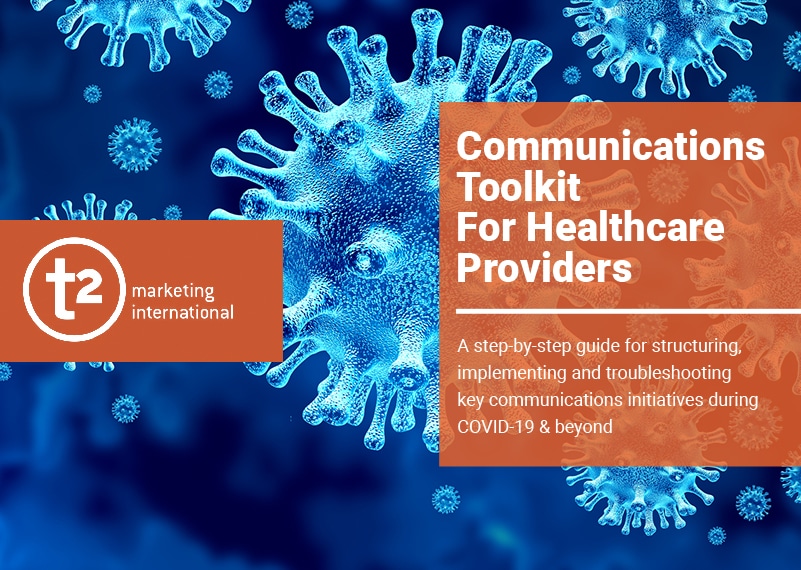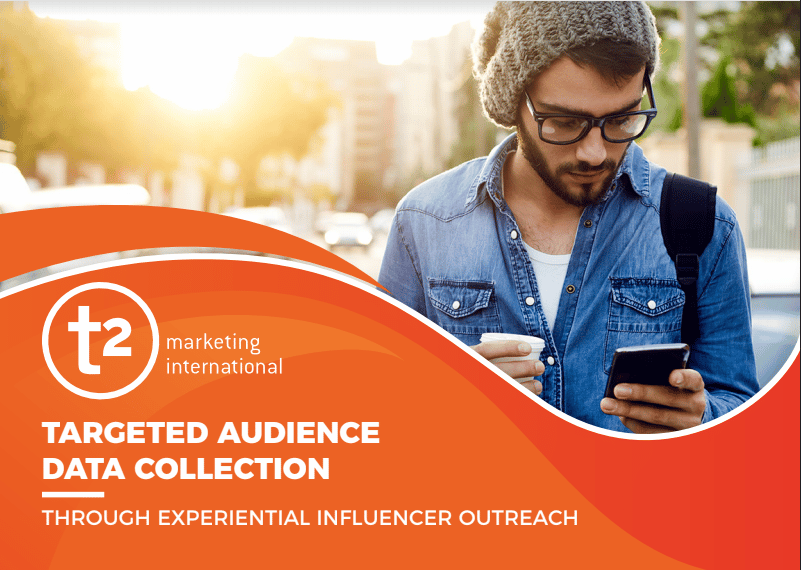Daily Minute Master Series – August 1, 2019
Social Media
Facebook’s Working on a New, TV-Connected Streaming and Video Call Device
According to a new report from The Information, Facebook has approached Netflix, Disney and other media companies in regards to porting their streaming services onto a new, TV-connected Facebook device. Facebook released its Portal video calling device last year, but thus far, response has been fairly lukewarm. Privacy concerns appear to be playing at least some role in this, which is an element Facebook will have to contend with over time – but as the company has also shown in the past, people are less concerned about privacy when the device/app/tool offers a higher level of utility. It’s no surprise to see Facebook once again looking to connect to your TV set. The question is whether it will be worth it – how can Facebook incentivize users to buy a new connected TV device, in addition to those apps and tools they may already have, and make it the go-to provider for such content?
For the full article click here
Marketing
Google introduces App + Web for unified reporting in Google Analytics
Google has historically had two separate tools for web and app analytics: Google Analytics and Google Analytics for Firebase, for mobile apps. Now the company is combining their capabilities in a new property that seeks to provide a more unified view of customer data: App + Web for Google Analytics. Director of Product Management for Google Analytics, Jesse Savage, said that he hopes the new offering will help marketers and brands improve the customer experience by giving them “a single, consistent set of metrics for more integrated reporting and a more comprehensive view of the customer journey” (on Google properties). It’s critical for brands and marketers to gain as complete an understanding of their customers’ behavior as possible. Of course, Google isn’t the only platform consumers use in making buying decisions. For marketers entirely focused on their apps, or for those who don’t have an app, the new capabilities won’t be particularly meaningful. But for those focused on both mobile apps and the web, the new App + Web capability offers much greater visibility and insight than Google Analytics and Google Analytics for Firebase each could on their own.
For the full article click here
Advertising
Google App campaigns expand to Discover feeds, AdMob testing ads on app loading screens
Google has been focused on advertising opportunities for mobile games specifically and apps generally for several years. The company is announcing new inventory and features for app publishers and advertisers at Think Games at ChinaJoy, a giant conference for game developers in Shanghai this week. App campaigns (formerly Universal App Campaigns) ads are now eligible to show in Discover, the feed that appears on the Google home page on mobile and Chrome. App campaigns are also gaining access to YouTube search results on mobile devices. On the publisher side, new announcements for developers using AdMob to serve Google ads in their apps include new ad placement test, smart segmentation expansion and more metrics. App advertisers don’t have control over where their ads appear. If you’re running App campaigns, keep an eye on your performance metrics as this new inventory comes into play — you’ll likely see impressions (and hopefully conversion actions) rise.
For the full article click here
Google extends same-meaning close variants to phrase match, broad match modifiers
Google is further loosening the reins on close variants, this time extending same-meaning close variants to phrase match and broad match modifier. With the changes, Google is also changing its keyword selection preferences to prevent keywords from competing against each other. Phrase match and broad match modifier will match to same meaning queries and keyword selection preferences are also changing. The change will roll out “in the coming weeks. Google said it expects advertisers using phrase and broad match modifier to see 3-4% more clicks and conversions on those keywords, with 85% of those clicks, on average, coming from queries not currently covered by your existing keywords. The days of zero-keyword search campaigns have long been predicted as machine learning has taken over and audiences have come into play.
For the full article click here





